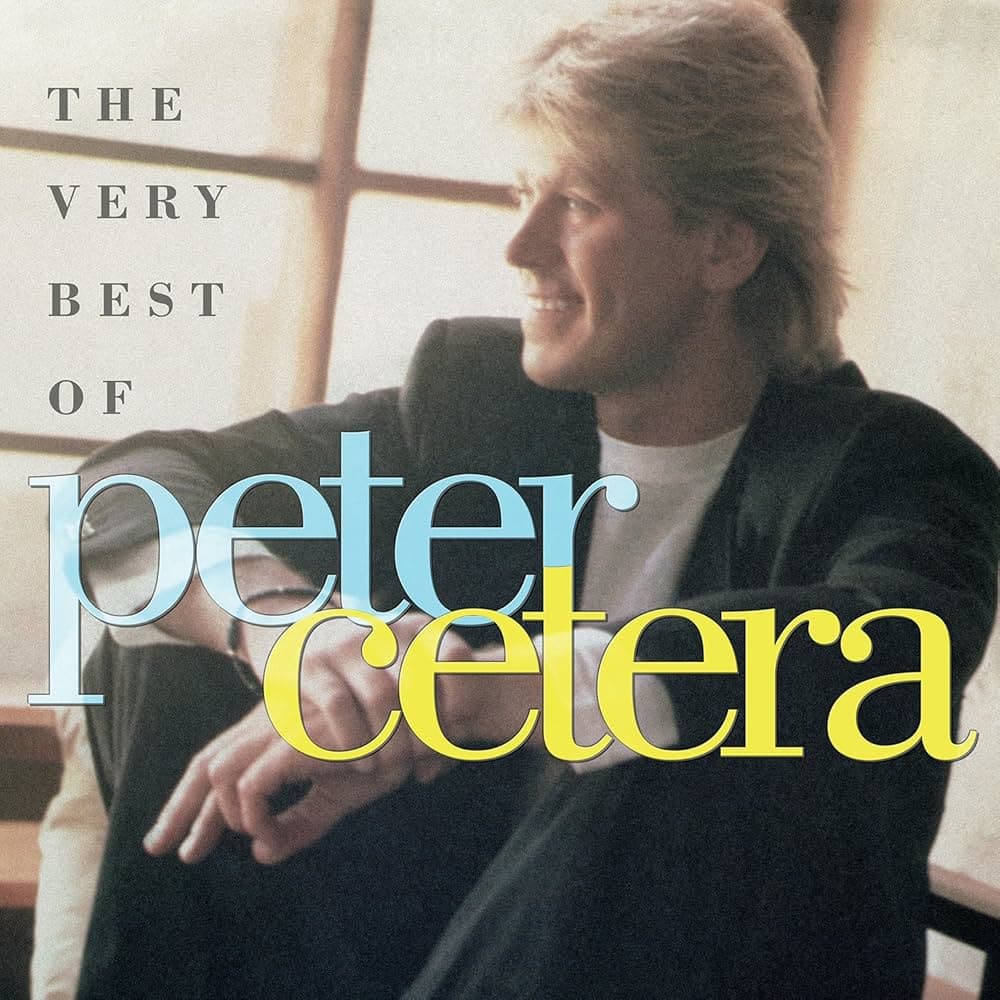
The Enduring Strength Forged in the Fires of Love
Let’s cast our minds back to the mid-1980s, a time of big hair, power ballads, and cinematic grandeur, where music often soared to meet the sweeping emotions portrayed on the silver screen. In this era, a voice of unmistakable tenderness and power rose to prominence, a voice many of us first knew from a legendary rock band, yet one that carved out an indelible solo legacy: Peter Cetera. As the unmistakable lead vocalist of Chicago for so many years, Cetera’s move to a solo career brought forth a series of heartfelt ballads that defined the romantic sound of the decade. Today, we’re revisiting a song that truly encapsulated the era’s spirit of grand romance and unwavering commitment: “Glory of Love.”
“Glory of Love” was released in 1986, a pivotal year for Peter Cetera as he cemented his solo career following his departure from Chicago. This iconic power ballad was not only a massive hit on its own but also served as the theme song for the highly popular film “The Karate Kid Part II.” The synergy between the song and the movie was undeniable, propelling “Glory of Love” to stratospheric success. It soared to number one on the Billboard Hot 100 chart in the United States, remaining there for two consecutive weeks, and also topped the Adult Contemporary chart for five weeks. Globally, its success was just as impressive; it reached number 3 on the UK Singles Chart and charted within the top 10 in many other countries, including Canada, Australia, and New Zealand. The song was prominently featured on Cetera’s second solo album, “Solitude/Solitaire,” released later that year. Its massive commercial and critical acclaim earned Peter Cetera a Grammy Award nomination for Best Pop Vocal Performance, Male, and an Academy Award nomination for Best Original Song.
The story behind “Glory of Love” is a fascinating blend of artistic collaboration and cinematic inspiration. The song was co-written by Peter Cetera himself, alongside the legendary producers and songwriters David Foster and Diane Nini (sometimes credited as Diane Warren, though Nini is more accurate for this specific credit). Initially, the song was intended for the film Rocky IV. However, it didn’t quite fit the movie’s direction, and it was ultimately pitched to the producers of “The Karate Kid Part II.” Director John G. Avildsen loved the song immediately, recognizing its perfect thematic fit with the film’s narrative of mentorship, growth, and the strength found in love and loyalty. Cetera, Foster, and Nini then subtly tweaked the lyrics to more closely align with the movie’s themes, particularly the bond between Daniel LaRusso and Mr. Miyagi, and Daniel’s burgeoning romance. This meticulous crafting ensured that “Glory of Love” became far more than just a background tune; it became an emotional anchor for the film, elevating its poignant moments.
The meaning of “Glory of Love” speaks to the profound strength and unwavering commitment found within true love, portraying it as a guiding force that empowers individuals to face life’s challenges. The lyrics emphasize themes of loyalty, protection, and mutual support within a relationship. Phrases like “I am a man who will fight for your honor / I’ll be the hero you’re dreaming of” highlight a deep dedication, not just to romantic ideals, but to being a steadfast presence through thick and thin. It’s about being a rock for someone, a source of courage and stability. The song suggests that love isn’t just a feeling; it’s an active choice, a protective instinct, and a source of immense personal power. For older listeners, this song resonates with the understanding that long-lasting relationships are built on more than just initial sparks; they require dedication, resilience, and a willingness to stand by one another. It reminds us of the quiet strength that emerges when two people truly commit to supporting each other through life’s unpredictable journey.
Listening to “Glory of Love” today, it still carries that sweeping, cinematic emotional punch. Peter Cetera’s voice, with its distinctive blend of vulnerability and soaring power, is perfectly suited to the song’s grand scale. The lush orchestration, characteristic of 80s power ballads, builds exquisitely, creating a feeling of undeniable majesty and heartfelt sincerity. It transports us back to a time when emotional honesty was celebrated in popular music, and when a strong melody could truly elevate a film. This song isn’t just a nostalgic artifact; it’s a testament to the enduring power of love as a foundation for strength and perseverance. It reminds us of those classic movie moments, but more importantly, it echoes the profound commitments we’ve made and witnessed in our own lives, proving that the “glory of love” truly is an everlasting flame.